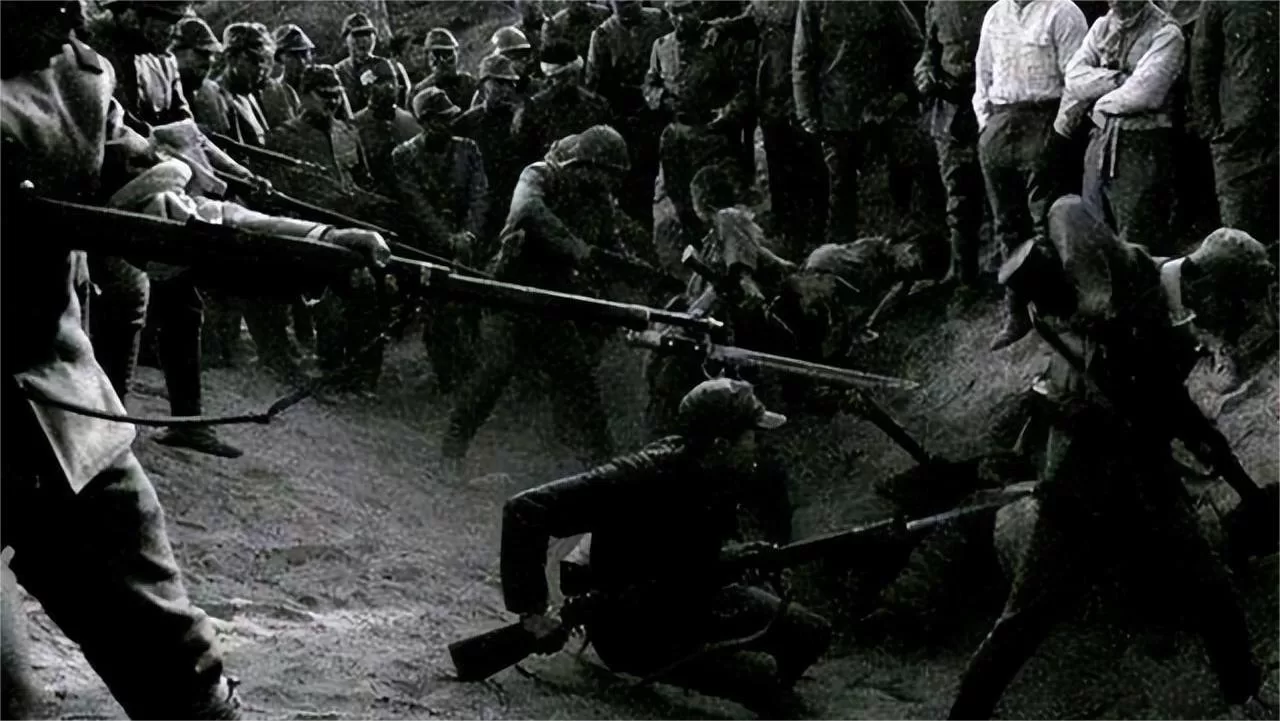The Nanjing Massacre, also known as the Rape of Nanking, was a tragic event that occurred during the Second Sino-Japanese War from December 13, 1937, to January 1938, when Japanese forces captured the city of Nanjing, the then-capital of China. The massacre is considered one of the most brutal and horrifying episodes of mass violence in modern history.
Several factors contributed to the causes of the Nanjing Massacre:
Second Sino-Japanese War: The conflict between China and Japan began in 1937 when the Imperial Japanese Army launched a full-scale invasion of China. The Japanese sought to expand their territorial control and establish dominance over China.
Capture of Nanjing: As the Japanese forces advanced towards Nanjing, the Chinese Nationalist government, led by Generalissimo Chiang Kai-shek, evacuated the city, leaving behind a relatively small garrison to defend it. The Japanese Army, under the command of General Iwane Matsui, surrounded and captured Nanjing on December 13, 1937.
Brutal Occupation: Following the capture of Nanjing, the Japanese forces began a period of brutal occupation. The soldiers unleashed a reign of terror upon the city’s civilian population and Chinese soldiers who had surrendered. The occupation was characterized by widespread looting, arson, rape, torture, and mass killings.
Lack of Discipline and Leadership: The Japanese Army lacked strict discipline and effective leadership, allowing many soldiers to indulge in unrestrained violence and atrocities against the Chinese population. The military command failed to control their troops, leading to the unchecked rampage throughout the city.
Dehumanization and Propaganda: The Japanese soldiers were heavily influenced by militaristic and nationalistic ideologies, which promoted the dehumanization of the Chinese people. Propaganda campaigns and wartime rhetoric portrayed the Chinese as subhuman, reinforcing a sense of superiority and justifying the brutal treatment of the conquered population.
Revenge and Retaliation: The Japanese soldiers harbored a deep-seated resentment towards the Chinese, whom they saw as adversaries obstructing their imperial ambitions. The Chinese resistance and guerrilla warfare tactics further fueled the desire for revenge, leading to an escalation of violence and brutality.
Failure to Protect Civilians: The Chinese government’s evacuation of the city left the civilian population vulnerable to the atrocities committed by the Japanese soldiers. The lack of organized defense and protection exacerbated the suffering of the Chinese people during the massacre.
Estimates of the death toll during the Nanjing Massacre vary, but it is believed that hundreds of thousands of Chinese civilians and disarmed soldiers were killed, and widespread sexual violence was perpetrated against women. The scale and brutality of the massacre shocked the international community and remain a painful and controversial chapter in Sino-Japanese relations.


